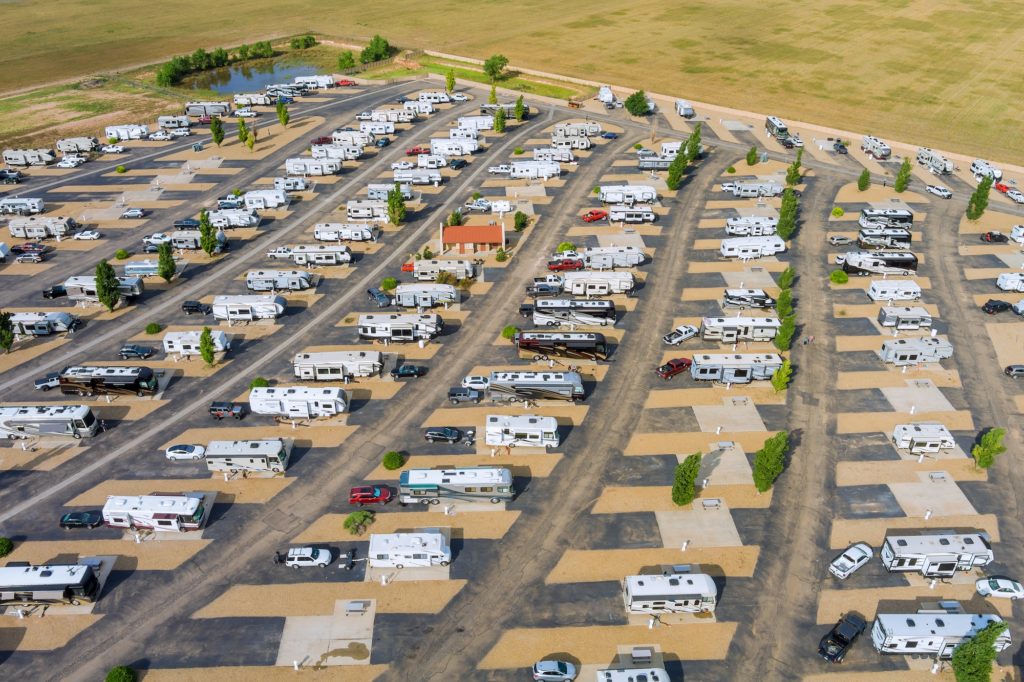In the 2001 Berkshire shareholder letter, Warren Buffett famously wrote, “you only find out who is swimming naked when the tide goes out.” He was writing about catastrophes and making sure that checks clear “whatever the world’s problems.” Buffett knows that many people lose it all when circumstances turn negative.
As COVID-19 continues to wreak havoc in the United States, the prospects for a smooth, quick recovery are unlikely. Economic data reveals massive declines that pent-up demand may eventually offset, but likely won’t erase. As I see it, the high tide rushed out and investors who relied upon perpetually kind conditions for their deals to work will soon be exposed.
In October of 2019, I wrote about how foolish it was that many real estate investors were justifying high asset prices with cheap debt and perpetually favorable conditions. I saw many investor pitches in which real estate sponsors modeled in rent and occupancy growth without acknowledgement of the downside. My opinion was that optimism, favorable debt, and high asset prices were positioning investors for loss of capital. I now believe that view will play out as a result of the pandemic.
How can there not be destruction from this? Employment is a mess. Brick and mortar retail has been blasted. Air travel was decimated. Entertainment and in-house dining has gone dark. These and many other indicators of activity and consumption tell the same story – this is bad.
Most people do not have any cash reserves to weather a disruption. The dominoes will fall like this: businesses and individuals who don’t have income won’t pay rent. If enough tenants stop paying, then landlords will be pressured to carry property expenses and mortgages with their own cash reserves. When the wells run dry for landlords, then lenders will stop receiving mortgage payments and foreclose.
As I review some of the offering memorandums I saw in 2019, I am reminded how some operators had very little margin of safety. They needed occupancy and rents to remain high to support operating expenses and debt loads. This catastrophe will change things. As occupancy falls during this pandemic, so will rents as landlords compete for tenants. For some investors who survive the occupancy issues, declining rent will be like a second wave that takes them out.
After reviewing many commercial real estate deals in recent years, I don’t believe that every landlord structured their affairs well enough to endure this. There was a lot of pressure on eager buyers to accept thin margins to “win” deals. A significant number of them will be left high and dry in the coming months as the process plays out. The news will track the dominoes falling as described here. The tide going out of the real estate market will reveal who lost their shorts.





